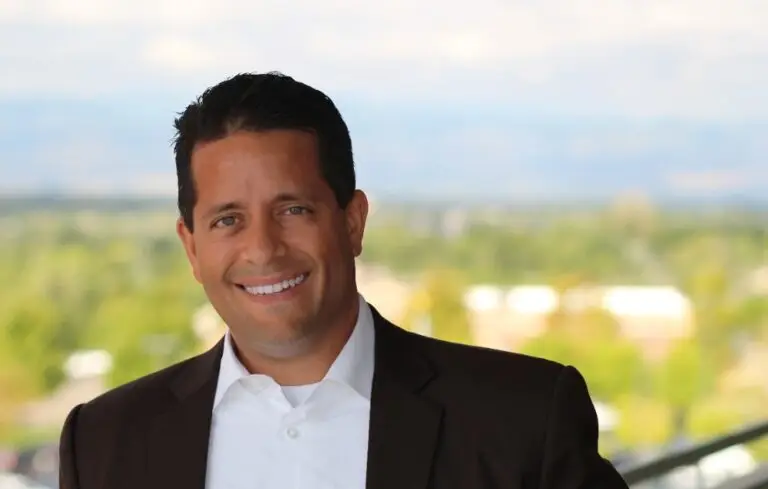It’s a mistake that too many executives make early in their careers, according to LinkedIn CEO Jeff Weiner. They confuse empathy with compassion. And failing to make the discrepancy can inadvertently fuel destructive conflict and perhaps even prevent people from reaching their full potential.
Inspired by the Dalai Lama, Weiner claims to have practiced “compassionate management” for at least 12 years, but admits he still hasn’t quite perfected the art.
Of course, managing compassionately involves putting yourself in another person’s shoes and attempting to the see the world from their perspective. But, according to the head of the professional social network, that could be harmful if you’re only prepared to suffer alongside them.
“Compassion is maintaining enough distance where you can actually do something about the way the other person feels,” he recently told students at the Stanford Graduate School of Business.
Consider this example given by the Dalai Lama: if you come across a person being crushed by a boulder on their chest, the empathetic response would be to suffocate, too. The compassionate response would involve reflecting on their suffering, but only as a temporary step toward doing whatever possible to get that boulder off their chest.
Applied to the world of business, Weiner said this could mean not empathizing with another person’s anger with an angry response. Instead, he recommends taking a step back and trying to understand the source of their irritation. Perhaps a topic’s been raised that’s reminded them of past trauma. Or they’ve become more defensive because they’re not familiar with a certain topic and fear looking stupid. Or maybe they’ve just had a bad day.
Another part of managing compassionately, he said, is realizing you can’t constantly hold staff to your own personal capabilities. “More often than not, especially younger, less-experienced executives—like I was 10 or 12 years ago—we have a tendency to expect everyone around us to do things the way we do them.”
Alternatively, he said it makes more sense to understand other people’s unique strengths—and perhaps even change their role so that it’s better aligned to those strengths. “When you do that, you unlock value that’s not possible when you’re only looking at the world through your own lens.”
Other executives struggling to be so patient need not despair: Weiner said it’s human nature to be egocentric and that he still finds compassionate management “really, really hard to do”.
“So for anyone out there [who] decides they want to practice more compassionate work, recognize you’re not always going to be able to do it and that’s OK,” he said. “The aspirational component is really important.”







